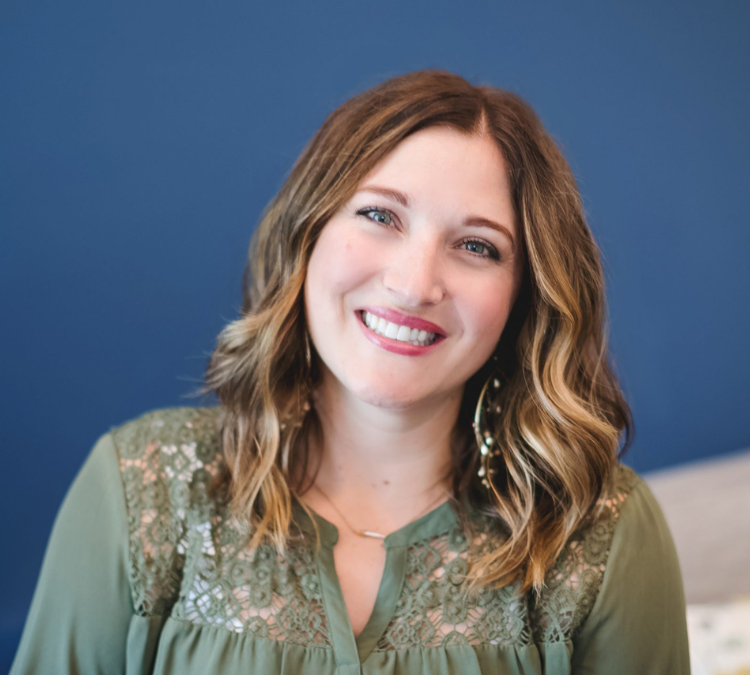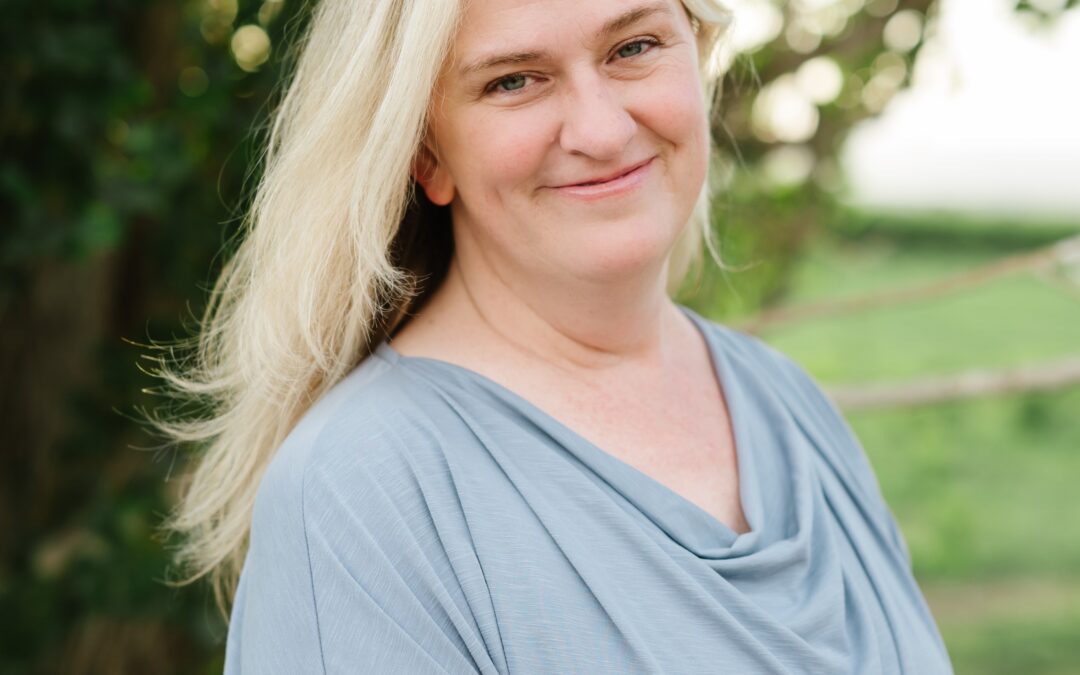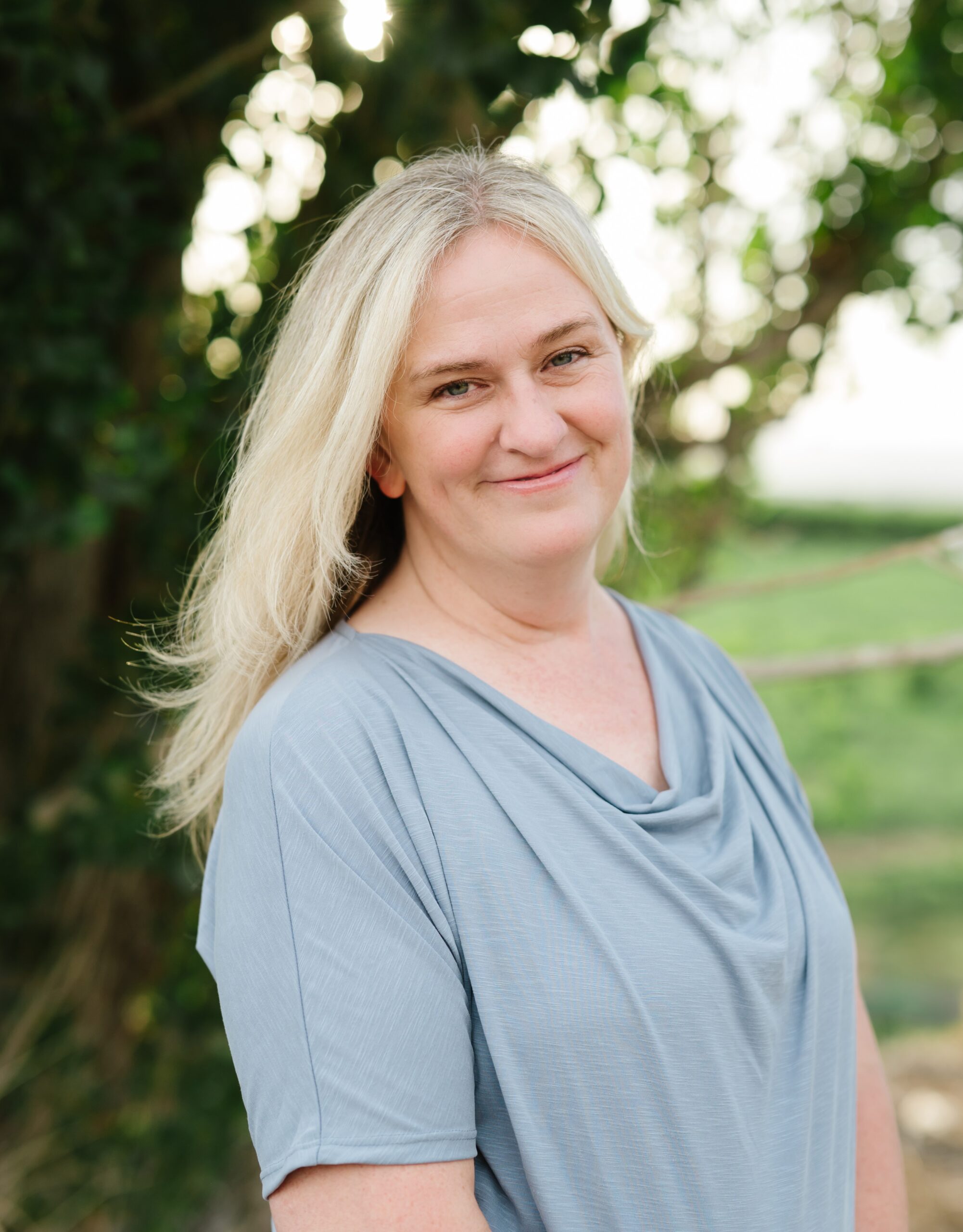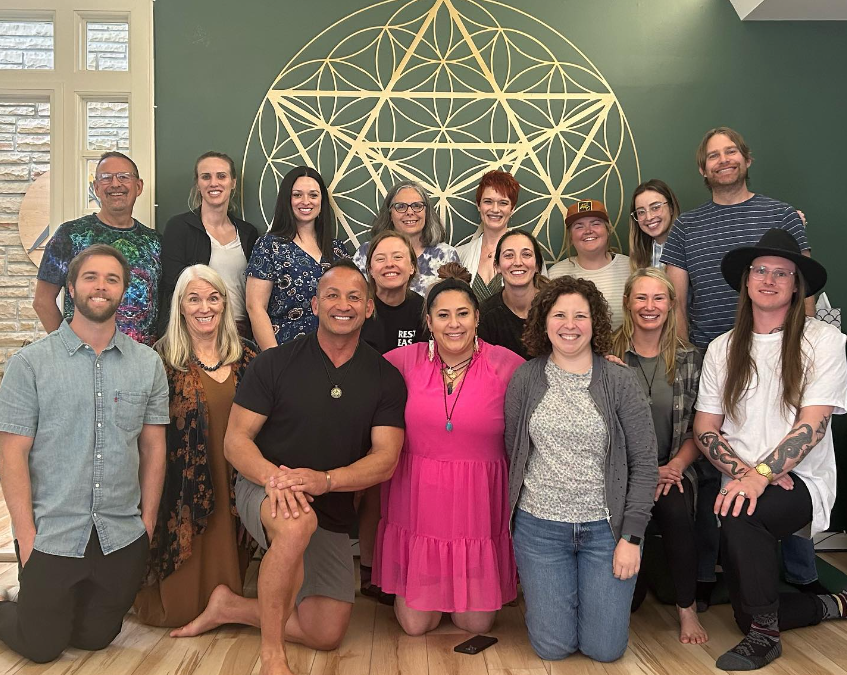
Therapy Transformed in the News
Take a look at City Weekly’s article about ketamine treatments in Utah featuring our very own Morgan Gonzales, LCSW.

Take a look at City Weekly’s article about ketamine treatments in Utah featuring our very own Morgan Gonzales, LCSW.


Are you experiencing a major life transition – leaving a religion, losing a job, newly divorced, or others? This group will focus on supporting and learning together to cope and build skills around life transitions. Learn how to shift dreams and expectations around your life transition.
Sept 19th, September 26th, October 3rd, and October 10th, 2024


Welcoming members of the community who do not have a medical license to come and learn more about ketamine assisted therapy and how to hold space for clients.
$375 for virtual lectures only
In person and Virtual
Therapy Transformed is so excited to be presenting with JournEase again for Ketamine 101. This in depth training is an excellent opportunity to expand your knowledge and experience in the field of ketamine assisted therapy. We can’t wait for you to join us!
Who We Are
JournEase and Therapy Transformed are among the leaders of ethical and effective ketamine providers in Utah. Our collaborative model of doctors and therapists provide a fully supported ketamine journey with wrap around care.
Experiential Training
Ketamine 101 is a fully experiential training with a team of licensed professionals who have many years of experience providing ethical and effective ketamine assisted therapy to patients across the country. This course will give licensed professionals the opportunity to learn the history of ketamine, ethical uses for today, practical applications and limitations, and more. There will also be 2 experiential ketamine sessions for each participant provided by our team. CEs will be available.
Continuing Education
CEs will be presented by Therapy Transformed in the following topics:
For more information on CE course offerings please check here.
Cost
$2600 per participant
$50 non-refundable application fee
See cancellation policy below
When & Where
January 10-15, 2023
24434 S Highland Dr., Millcreek, UT 84124
For Licensed Providers, Medical Providers, Therapists, Psychologists, Counselors
Applications open November 15, 2023. Last day to register is January 3, 2023
Email begin@myjournease.com to apply and inquire about accessibility accommodations
Cancellation Policy: Full tuition payment is due within 2 weeks of acceptance notice. Application fees are non-refundable. We are unable to transfer tuition payments to a subsequent training in the event of any cancellations. Please understand that cancellations impose a burden on our staff and the below policy covers us in the event we are unable to fill a canceled spot. If you cancel more than 30 days prior to the training start date, you will receive a full refund of tuition fees, minus deposit. If you cancel less than 30 days from the training start date, you will be refunded 50% of tuition fees. Cancellations 2 weeks or less from the training start date forfeit all of the tuition fees.

Autumn can feel like the unofficial “new year” because it marks the beginning, or return, of school. Whether you’re a parent of school-aged children/teens, or a college student starting the semester, this time of the year can feel pretty overwhelming. Even if you’re used to the cycle there’s always something new — a new school, classes, people, teachers, and stressors.
As mental health providers, we often see an increase in anxiety and depression around this time because of these changes and challenges. Luckily, there are ways to alleviate this and mitigate the effects it may have on our mental health and wellbeing. We’ve taken the time to put together a list of three things you and your family can do to start the new school year off right.
Create a Routine – Adapting to rising demands and unexpected circumstances is difficult for everyone. Oftentimes our emotional and intellectual energy can be quickly depleted from tackling new experiences. This is only amplified if done in a short period of time, like the first week back to school. During this time our bodies and brains are working hard to intake new information and adapt on the fly. Individually we may have a different level of tolerance around how long it takes before we feel depleted, but ultimately we all need a chance to slow down and rest.
Structure, habits, and routine can offer safety and predictability in the face of change. It’s unrealistic to expect we can control or anticipate everything that may come up, but establishing a routine around what we can control will help us preserve our energy for the unexpected challenges. One idea is to create a routine with your mornings and evenings, this way you and/or your family know what to expect outside the school hours. Another might be to create small breaks in the day for a chance to recharge.
In his book Atomic Habits, James Clear lays out a simple, usable guide for creating habits, such as the ones mentioned above. He says, “Success is the product of daily habits — not once-in-a-lifetime transformations.” Small changes to our routines, not lofty goals, is how we make real differences in our lives. If you’re looking for additional resources on this topic check out the book, which we’ve linked here.
Prioritize Sleep – The amount and quality of our sleep is vitally important in every aspect of our lives. Regardless of our age, getting good sleep helps our bodies and brains function at their best. Moreover, many studies have shown a link between sleep and school performance. So, letting yourself or your family get some extra sleep can be a big help. But what more can we do to prioritize sleep?
One of the best ways to improve our “sleep hygiene,” which is the term used for our bedtime habits, is with repetition. For example, sleep researcher Matthew Walker suggests going to bed and waking up at the same time, even on weekends. Predictability and repetition is an important piece of our body’s natural cycle. Sticking to a sleep pattern may be difficult at first, but will become easier over time.
Other factors in sleep hygiene include nighttime routines, such as brushing our teeth, that help signal our brain it’s time for bed. It is also recommended that if you’re having trouble falling asleep that you actually get out of bed and do something else. This helps keep the association between the bed and actual sleep intact. Matthew Walker has great resources on this topic, which we highly encourage you to look into for more help on prioritizing sleep. See his TED Talk video below and his book titled Why We Sleep.
Sleep is your superpower | Matt Walker
See your Therapist – Similar to having a check-up with your medical provider, meeting with your therapist can help start the school year off on the right foot. They can help you practice healthy coping skills and provide positive support with your habits. Most importantly though, therapy can be a safe space for you to openly explore your thoughts and feelings. Here at Therapy Transformed, we prioritize creating this kind of environment and relationship with our clients. We want to help you embrace brave change from within. Reach out to get started with us!
In conclusion, it’s the small things that help the most, including preventative care with our mental health. Of course, it’s important to remember that stress and challenges are part of life no matter what. Even when we have healthy routines, habits, sleep, etc. we will still encounter hard days and stressful times. When we practice accepting the inevitable ebb and flow of life we might find it easier to weather the storms, and embrace the calm too.
Spring can be a joyous time for some and for others it can bring on more unwanted stress. Our therapists have put together some tips to help you enjoy your spring and minimize the amount of stress you feel this month.
If you have a hard time finding time or space to get outside, eat your meals outside. I love eating lunch outside, it helps to break up my work day and gives me a boost during the day. If you can’t do that, just open your front door. It’s still cool enough to not heat up your house, but not so cold that it will bring down your house temp.
Touching dirt, earth, mud can ground you to the earth and decrease the anxieties that come with spring.

Minimize – your clutter, your schedule, your commitments. What do you truly value – time with family and loved ones? Building your career? Freedom to relax? To be outdoors? Are you putting energy into those things: if not – what are the barriers? What would an ideal day look like – what’s one step you can take today to start creating that?
Start to notice if you are putting pressure on yourself to ‘make the most’ of spring or summer. I often get anxious knowing I want to savor the summer and enjoy it to the max. That pressure actually makes me feel more agitated than excited. When you start to feel like you have to fill up your calendar and check off all your bucket list items, try to come back to non-judgement and enjoy whatever moment you are in.
Schedule time to do something fun or pleasurable. Often, waiting for the time to present itself will not happen. Don’t wait for burnout, be preventative.
Practice grounding yourself in the moment. What do you see, hear, touch, smell and taste. Connect w your five senses, narrate in your head how you would describe what you’re experiencing w your senses.

Do it when you’re taking a walk or while you’re doing the dishes, try it when you’re anxious. This uses the same part of your brain that anxious thoughts occupy. So if you increase mindfulness, it will be harder for your anxiety to compete for your focus. If those thoughts start intruding, just acknowledge it and come back to describing. It’s a helpful way to put you back in the driver seat of your thoughts. It is also a way to enrichen a neutral moment and increase vibrancy in your everyday life.
Pause – what do you hope to get out of going on social media right now? For which reason are you working out? What need is that food fulfilling? How much time do you want to spend playing that video game? How much overtime do you want to put into your job? Does it align with what you want to get out of your day/week/year?

Identify the need you’re trying to fulfill with it – is there a better way to meet that need? Identify why you’re choosing it and your life starts to feel more empowered and in-control.
Being intentional is a good way to make sure that how you spend your time aligns with what you want out of your life.
If you’re still feeling overwhelmed and stressed try talking to someone. A trained therapist can help you work through your thoughts, feelings and emotions to allow more of the feelings and sensations that we need like connection, happiness, and a sense of control.